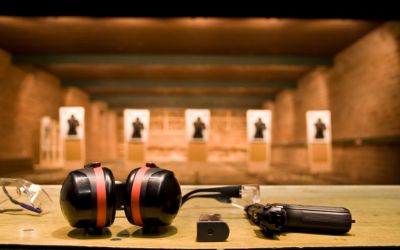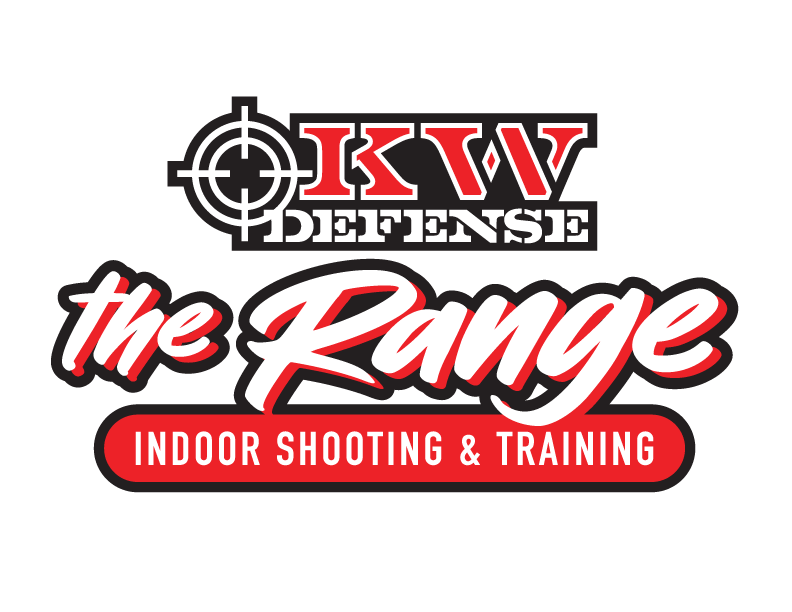Stepping onto a shooting range is an exhilarating experience for firearm enthusiasts and professionals alike. However, safety should always be a top priority. Adhering to shooting range rules is not just a matter of courtesy; it’s essential to ensure everyone’s well-being and maintain a safe, enjoyable environment for all. In this comprehensive guide, we’ll explore a range of critical shooting range rules to remember, covering everything from safety fundamentals to range etiquette and responsible firearm handling.
1. Safety First
Safety is the cornerstone of any shooting range. Before even picking up a firearm, ensure you are well-versed in basic firearm safety rules. The fundamental rules include always treating every firearm as if it’s loaded, never pointing a gun at anything you do not intend to shoot, and keeping your finger off the trigger until you are ready to fire. Familiarize yourself with your specific range’s safety protocols, such as proper muzzle control and range commands.
2. Eyes and Ears

Before entering the firing line, don’t forget to wear the appropriate protective gear. Earplugs or earmuffs are essential to shield your ears from the deafening noise of gunfire. Likewise, safety glasses or goggles protect your eyes from any debris or spent casings that may be ejected during shooting.
3. Range Briefing
Upon arriving at the range, it’s common practice to attend a range briefing or orientation. Pay close attention to the Range Safety Officer’s (RSO’s) instructions, who will go over specific range rules and regulations. They will also explain the range layout, emergency procedures, and how to signal for assistance if needed.
4. KNow Your Firearm
Before firing any weapon, take the time to familiarize yourself with it. Know how to load and unload it, engage the safety mechanism, and clear any malfunctions. If you’re uncertain about any aspect of your firearm, ask for assistance from a qualified range officer or instructor.
5. Ammunition Handling
Handle ammunition with care and ensure you are using the correct caliber for your firearm. Keep ammunition stored separately from your firearm, and only load your weapon when you are on the firing line and ready to shoot. Always double-check your magazines and chambers to confirm they are empty before leaving the range.
6. Range Commands
Range commands are essential for maintaining order and safety on the firing line. Listen attentively to commands given by Range Safety Officers, and follow them promptly. Common commands include “Ceasefire!” (stop shooting immediately), “Unload and show clear!” (empty your firearm and present it for inspection), and “Range is hot!” (you can resume shooting).
7. Trigger Discipline
Maintaining proper trigger discipline is crucial. Keep your finger off the trigger until you are ready to fire. This simple yet vital rule prevents accidental discharges and ensures that you maintain control over your firearm at all times.
8. Barrel Control
Always keep the firearm’s barrel pointed downrange in a safe direction, away from other shooters and spectators. This practice, known as muzzle control, helps prevent unintentional injuries and ensures that you are directing your shots safely.
9. Ceasefire and Unloading
If you hear the “Ceasefire!” command, immediately stop shooting, remove your finger from the trigger, and keep your firearm pointed downrange. Wait for further instructions, which may include unloading your weapon and showing it clear to range officers.
10. Respect range etiquette
In addition to safety rules, it’s essential to practice proper range etiquette. Be courteous to fellow shooters, respect their personal space, and avoid disturbing their concentration. Limit conversations to a whisper when someone is shooting nearby.
11. keep a clean range
Responsible shooters clean up after themselves. Dispose of spent casings in the provided containers and properly dispose of any trash or targets you bring to the range. A clean range is a safe and enjoyable one for everyone.
12. alcohol and drugs
Never consume alcohol or use drugs before or during a range visit. These impairments can significantly impact your judgment and coordination, increasing the risk of accidents.
13. supervise beginners
If you’re introducing someone to shooting, closely supervise them and ensure they understand and follow all safety rules. Start with smaller-caliber firearms and gradually progress as their skill and confidence grow.
14. Emergency procedures
Familiarize yourself with the range’s emergency procedures, such as how to respond to a medical incident or a firearm malfunction. Knowing how to react in such situations can be a lifesaver.
15. Know the range rules
Different shooting ranges may have specific rules and regulations beyond the fundamental safety guidelines. Make sure to review and adhere to these rules, which may include restrictions on rapid fire, drawing from a holster, or the use of certain types of ammunition.
Visiting a shooting range can be an immensely rewarding experience, offering opportunities to improve your marksmanship skills, unwind, or bond with fellow enthusiasts. However, it’s paramount to prioritize safety above all else. By adhering to these essential shooting range rules, you’ll not only protect yourself and others but also contribute to a respectful and enjoyable shooting environment. So, before you head to the range for your next session, take these rules to heart, and always remember that safety comes first.
shooting range rules shooting range rules shooting range rules shooting range rules shooting range rules shooting range rules shooting range rules


Recent Comments